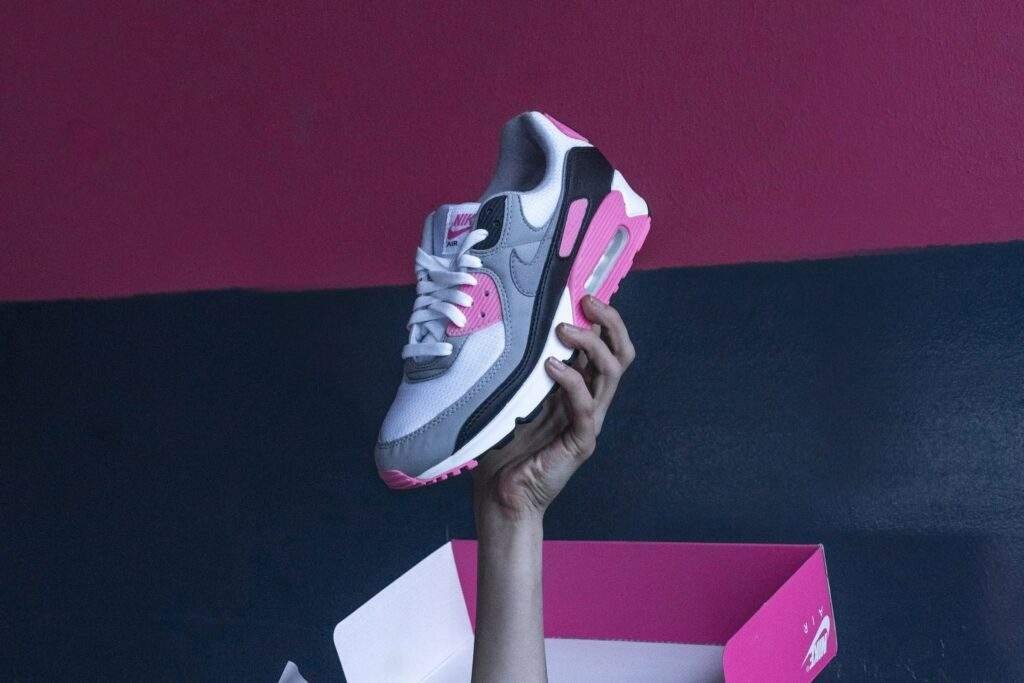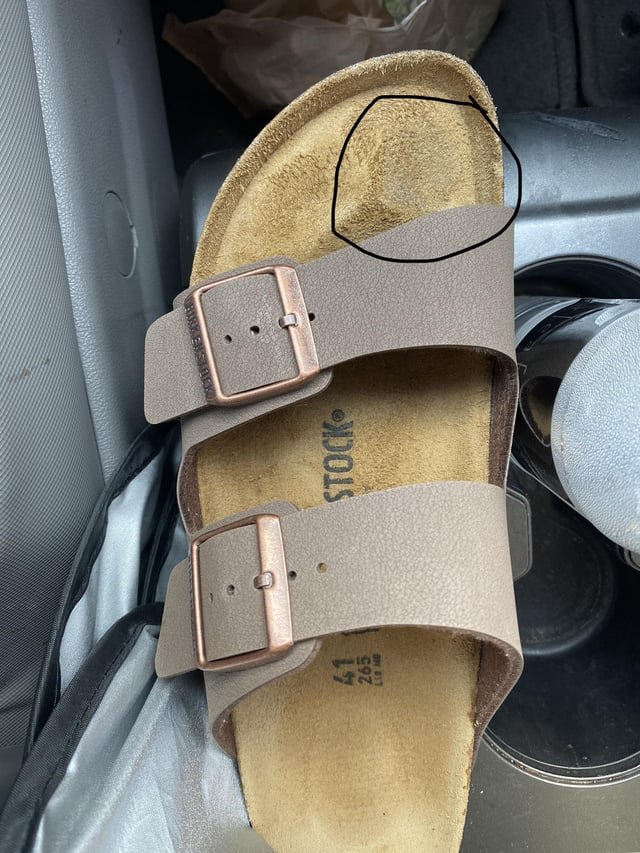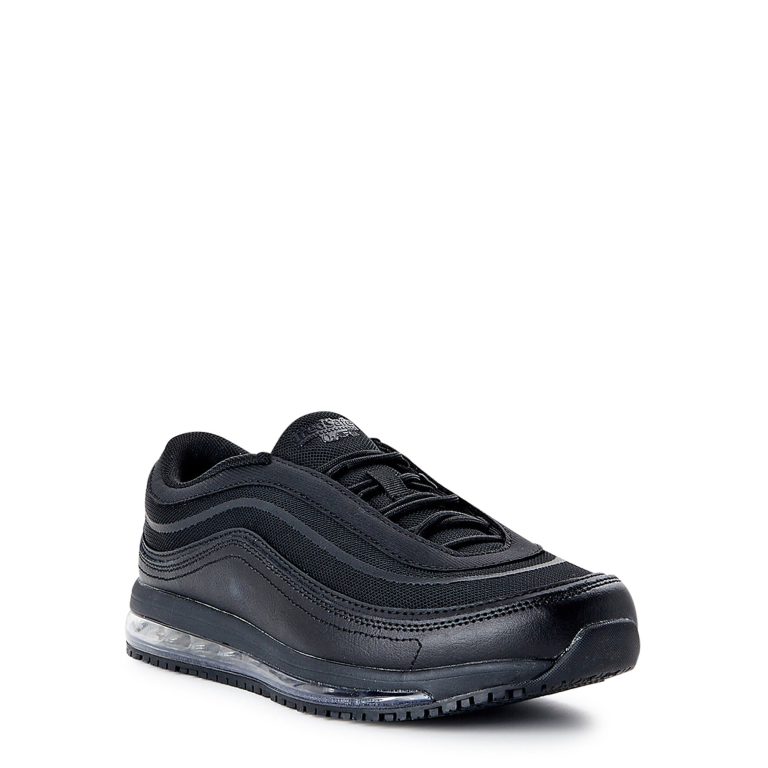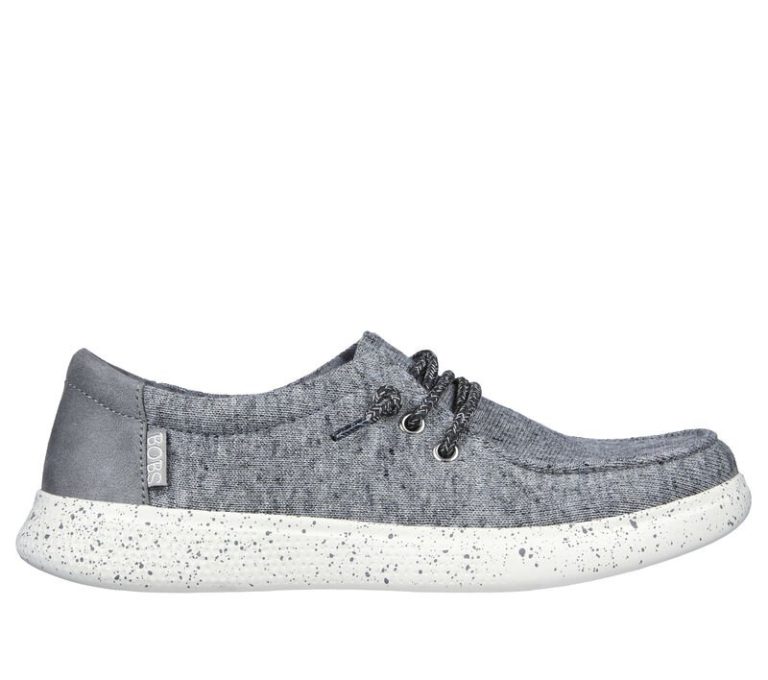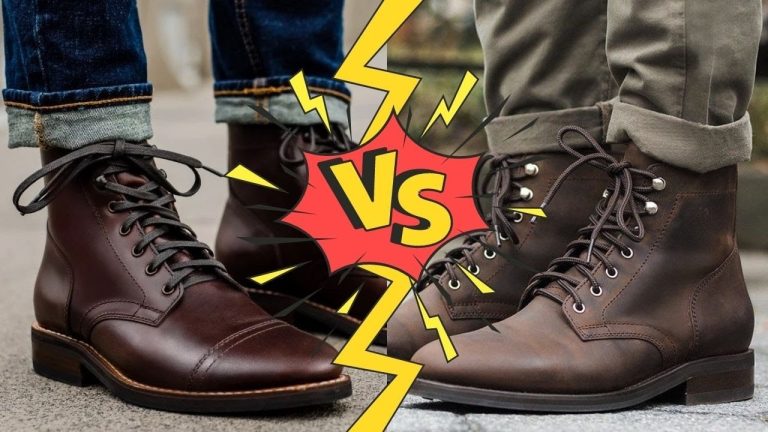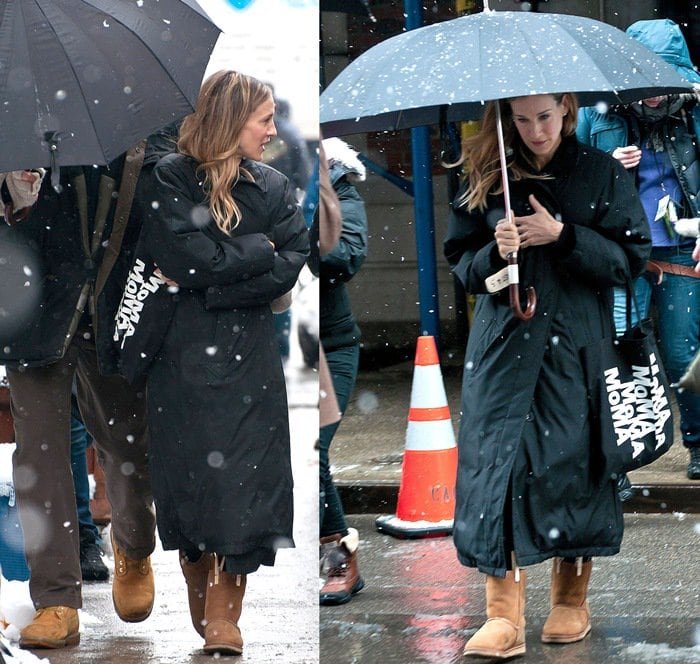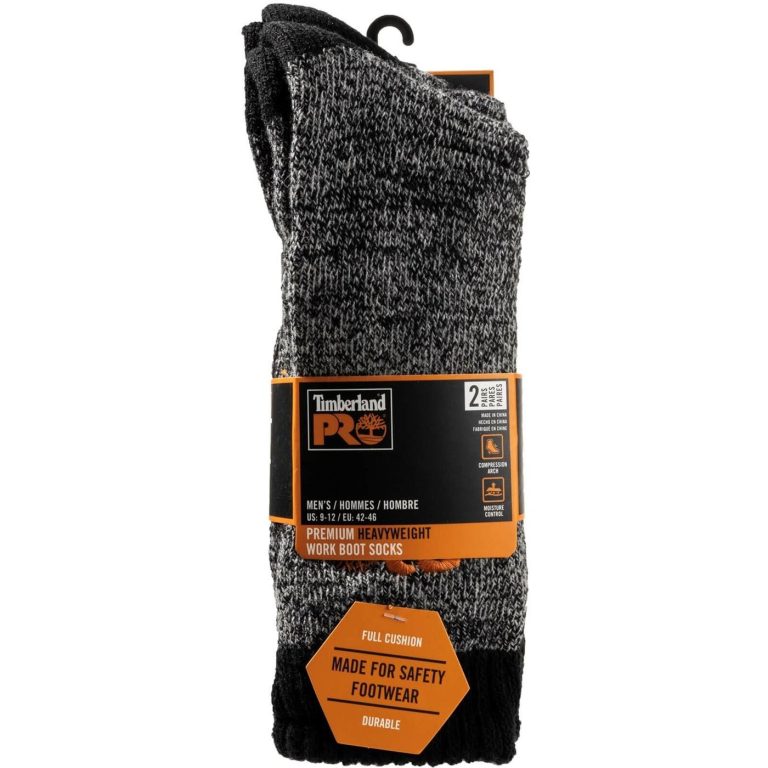Ever wondered how sneaker resellers are able to get their hands on so many coveted shoes? It may seem like an impossible feat, but the truth is, there are strategies and methods that these resellers employ to secure a large inventory. In this article, we will delve into the world of sneaker reselling and explore the various avenues that allow resellers to acquire a vast array of shoes. From building relationships with suppliers to leveraging online platforms, we’ll uncover the secrets behind how these sneaker resellers manage to amass such an impressive collection. So, let’s dive right in and uncover the mysteries of how do sneaker resellers get so many shoes.
How Do Sneaker Resellers Get So Many Shoes?
Sneaker reselling has become an incredibly lucrative business in recent years, with individuals making substantial profits by buying and selling limited edition sneakers. But how do these resellers manage to get their hands on so many pairs of highly sought-after sneakers? In this article, we will explore the various strategies and methods employed by sneaker resellers to acquire large quantities of shoes.
1. Building Relationships with Retailers
One of the key ways sneaker resellers obtain a significant number of shoes is by establishing relationships with retailers. By developing a rapport with store owners or employees, resellers can gain access to exclusive releases and early information about upcoming drops. These connections allow them to secure a larger inventory before the general public even has a chance to purchase the sneakers.
2. Utilizing Sneaker Bots
Sneaker bots have become an essential tool for resellers looking to maximize their chances of acquiring limited edition shoes. These automated software programs are designed to rapidly complete online purchases, giving resellers a competitive advantage over manual buyers. By using a sneaker bot, resellers can increase their chances of securing multiple pairs of sneakers during highly anticipated releases.
2.1. Proxies for Botting
To further enhance their success rate, sneaker resellers often employ proxy servers when using bots. Proxies enable resellers to make multiple purchase attempts from different IP addresses, making it appear as though they are buying from various locations. This helps them bypass purchase limits set by retailers and avoid detection.
3. Joining Raffles and Lottery Systems
Many sneaker retailers employ raffles or lottery systems to allocate limited edition releases. Resellers actively participate in these events by entering multiple accounts to increase their chances of winning. By securing a winning entry, resellers can acquire highly coveted sneakers without having to rely solely on the traditional retail channels.
4. Local and International Networks
Establishing networks within the sneaker community is crucial for resellers. They actively engage with other collectors, enthusiasts, and resellers to form connections and gain access to valuable information. These networks provide resellers with insider knowledge on upcoming releases, exclusive deals, and even opportunities to purchase sneakers from other regions or countries.
5. Consignment and Bulk Purchases
Another method employed by sneaker resellers is purchasing sneakers through consignment or in bulk. Resellers often collaborate with individuals or stores willing to sell their collection or excess inventory. By buying in large quantities, resellers can negotiate better prices and increase their profit margins when reselling the shoes.
5.1. Attending Sneaker Conventions and Events
Sneaker conventions and events provide resellers with an opportunity to connect directly with collectors, sellers, and other industry insiders. These gatherings often feature exclusive releases and hard-to-find sneakers available for purchase. Resellers attend these events to build their inventory by buying from both individual sellers and authorized vendors.
6. Utilizing Social Media Platforms
Social media platforms have become powerful tools for sneaker resellers. They use various techniques such as following influencers, joining sneaker-related groups, and monitoring hashtags to stay updated on the latest releases and trends. Additionally, resellers leverage their social media presence to connect with potential buyers and promote their inventory, thereby increasing their chances of selling more shoes.
6.1. Collaborations with Influencers and Celebrities
Collaborating with influencers and celebrities is a common strategy used by sneaker resellers to gain credibility and increase exposure. By partnering with well-known individuals in the sneaker community, resellers can tap into their followers’ networks and expand their customer base. These collaborations often result in higher demand for the sneakers they sell.
7. Subscribing to Membership Programs
Many retailers offer membership programs providing exclusive access to limited edition sneakers. Sneaker resellers take advantage of these programs by joining as many as possible. By having multiple memberships, resellers increase their chances of securing more shoes during restricted releases and gaining access to special events or promotions.
8. Monitoring Online Marketplaces and Auctions
Resellers constantly monitor online marketplaces and auction platforms to identify rare or undervalued sneakers. They capitalize on opportunities to purchase sneakers at lower prices and then resell them at a higher value. By staying vigilant and knowledgeable about market trends, resellers can make informed decisions and maximize their profits.
9. Investing in Sneaker Cook Groups
Sneaker cook groups are private online communities focused on sharing information and strategies related to sneaker reselling. These groups provide members with valuable insights, early release information, and access to exclusive tools and resources. By investing in these groups, resellers gain a competitive edge and receive guidance from experienced individuals.
9.1. Using Release Guides and Market Analysis
Within these cook groups, resellers have access to release guides and market analysis. These resources help them understand the potential demand and resale value of specific sneakers. Armed with this knowledge, resellers can make informed buying decisions and strategically invest in sneakers that have a higher likelihood of profitable resale.
10. Expanding into International Markets
Successful sneaker resellers often expand their operations into international markets. By leveraging their connections and networks, they tap into regions where certain sneakers may be more readily available or in higher demand. This allows them to diversify their inventory and cater to a broader customer base, thereby increasing their overall profitability.
In conclusion, sneaker resellers employ various strategies to acquire large quantities of sneakers. These methods include building relationships with retailers, utilizing sneaker bots, participating in raffles, joining networks, purchasing through consignment or in bulk, leveraging social media, subscribing to membership programs, monitoring online marketplaces, investing in cook groups, and expanding into international markets. Through a combination of these techniques and careful market analysis, sneaker resellers are able to secure a steady supply of highly sought-after shoes and capitalize on the booming sneaker resale market.
I tried reselling sneakers for a year… here’s how much I made!
Frequently Asked Questions
How do sneaker resellers get so many shoes?
1. Where do sneaker resellers source their inventory?
Sneaker resellers obtain their inventory from various sources, including sneaker retailers, online marketplaces, and connections within the sneaker industry. Some resellers may also purchase directly from manufacturers or distributors.
2. Do sneaker resellers use bots to secure shoes?
Yes, sneaker resellers often utilize automated software known as bots to increase their chances of purchasing limited-release sneakers. Bots can rapidly add items to cart and complete the checkout process, giving resellers an advantage over manual buyers.
3. How do resellers manage to purchase multiple pairs of popular sneakers?
Sneaker resellers often employ various strategies to secure multiple pairs of highly sought-after sneakers. These strategies may include using multiple accounts, collaborating with other resellers, or joining online raffles and drawing copies of the same shoe.
4. Are sneaker resellers able to buy shoes at retail price?
While some sneaker resellers may occasionally purchase shoes at retail price, it is more common for them to pay a premium. Resellers understand the demand for limited-release sneakers and are willing to pay higher prices to secure their inventory.
5. Do sneaker resellers have exclusive access to limited-edition releases?
No, sneaker resellers do not typically have exclusive access to limited-edition releases. However, they often have the means and knowledge to act quickly when such releases become available, increasing their chances of obtaining multiple pairs.
6. How do sneaker resellers market and sell their inventory?
Sneaker resellers primarily use online platforms, such as specialized sneaker marketplaces, social media, and their own websites, to market and sell their inventory. They leverage their networks and reputation within the sneaker community to attract potential buyers.
7. Are sneaker resellers considered detrimental to sneaker culture?
Opinions on sneaker resellers vary. Some argue that they drive up prices and limit access to popular sneakers for true enthusiasts. Others view reselling as a legitimate business practice. Ultimately, the impact of sneaker reselling on sneaker culture is a topic of ongoing debate.
Final Thoughts
Sneaker resellers are able to acquire a large quantity of shoes through various strategies. One common method is to build connections with sneaker retailers, often forming relationships with store employees or managers who can provide insider information about upcoming releases. Another approach is to leverage technology and employ bots or automated software to quickly snatch up limited-edition releases online. Additionally, resellers may participate in raffles, enter multiple draws, or use personal connections to secure rare sneakers. The ability to access such a vast inventory ultimately allows sneaker resellers to meet the demands of the market and satisfy their customers’ desires for exclusive footwear.
